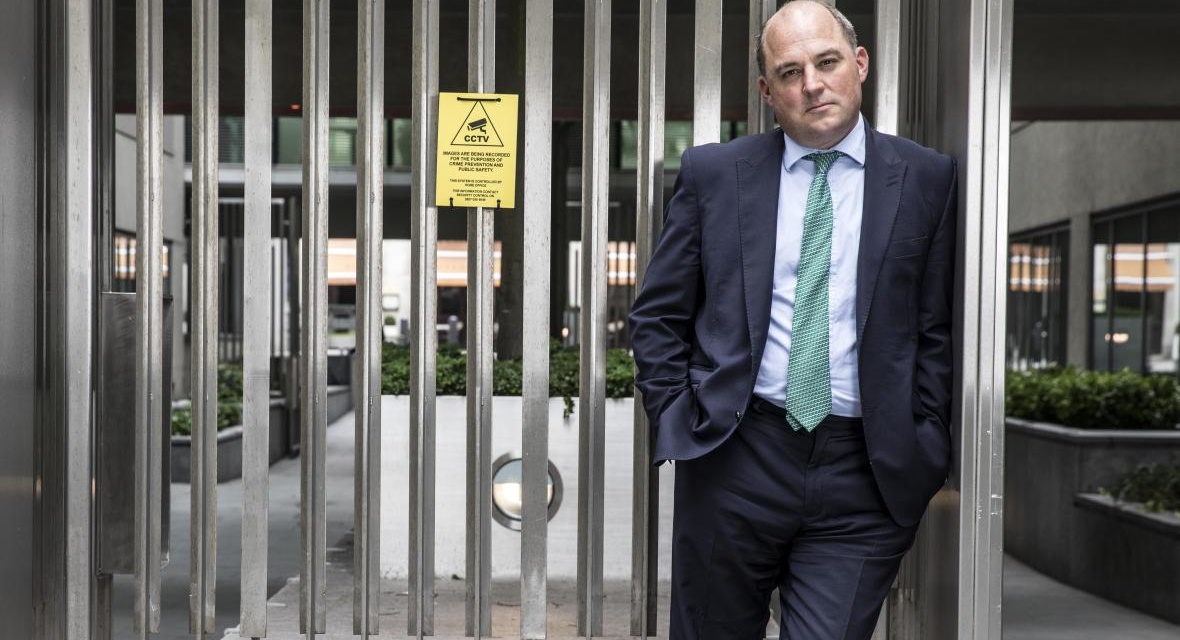UK Defense Secretary Ben Wallace oversaw the Prevent program as Security Minister (Richard Pohle/The Times)
Originally written for the Birmingham Brief:
The Prevent program, one of the four pillars of the UK Government’s counter-terrorism strategy Contest, has come under scrutiny amid terror attacks.
In the immediate wake of these attacks, it is tempting to jump to the assumption that any and all means of averting such violence are justified and must be welcomed. However, the mechanism of Prevent is controversial, its workings obscure, and its effects hard to measure.
The Prevent protocol places a legal duty on teachers, doctors, social workers, and other public servants to have “due regard to the need to prevent people from being drawn into terrorism”. It exhorts them to report any student, patient, or service-user suspected of harboring ideas that are “extremist”, a term that has been much criticized for its vagueness). This has led to widespread discomfort among many professionals charged with implementing the duty, as well as concerns that it may have diametrically opposite outcomes to those intended.
Prevent was established in 2006 as a response to the perceived rise in the number of Islamist extremist attacks. Some community groups contended that an inherently anti-Muslim bias underpinned the strategy.
Former schoolteacher Rob Faure Walker left the profession to pursue a Ph.D. thesis at University College London on Prevent and classroom dynamics. He drew on his own experiences with pupils in a Muslim-majority school in London’s Tower Hamlets to highlight the unintended effects.
Faure Walker reports that students were once open with their teachers about their concerns regarding British action in the Middle East. Addressing anger and fear, and encouraging students to speak openly, led to productive classroom discussions and motivated young people to become politically active within the bounds of the law, such as by writing to MPs.
However, as soon as students were made aware of their teachers’ Prevent duty, they became secretive and withdrawn. Rather than preventing the seed of resentment from growing in a young person, Prevent may in fact nurture it in the darkness of justifiable concern.
Prevent has expanded beyond its focus on Islamic extremism, with more referrals about suspected far-right extremism than any other version. Yet the ill-defined nature of the term “extremism” means that any strongly-held ideological conviction may come under suspicion and be subject to counter-terrorist measures.
In late 2019 a retired doctor and environmentalist campaigner with Extinction Rebellion, Lyn Jenkins, was referred by a healthcare provider to Prevent for suspected extremism, after Jenkins said he intended to take part in an action organized by the group. This may be the first case, but it is unlikely to be the last, of Prevent being used to attempt to restrict peaceful freedom to protest. Extinction Rebellion, along with the animal rights organization PETA and Animal Aid are now on the government’s list of potential extremist organisations.
One particularly bizarre and sinister aspect of Prevent is the language of “pre-crime” employed within the government literature. Taken from the lexicon of science fiction, rather than that of counter-terrorism, the dystopian concept originates in Phillip K. Dick’s short story The Minority Report (1956).
In that story, a criminal justice agency identifies and eliminates persons who will commit crimes in the future. More than 60 years later, the choice of the term by the UK Government is an alarming legitimation of literal thought-policing.
How much more mission creep will there be in Prevent’s actions?

